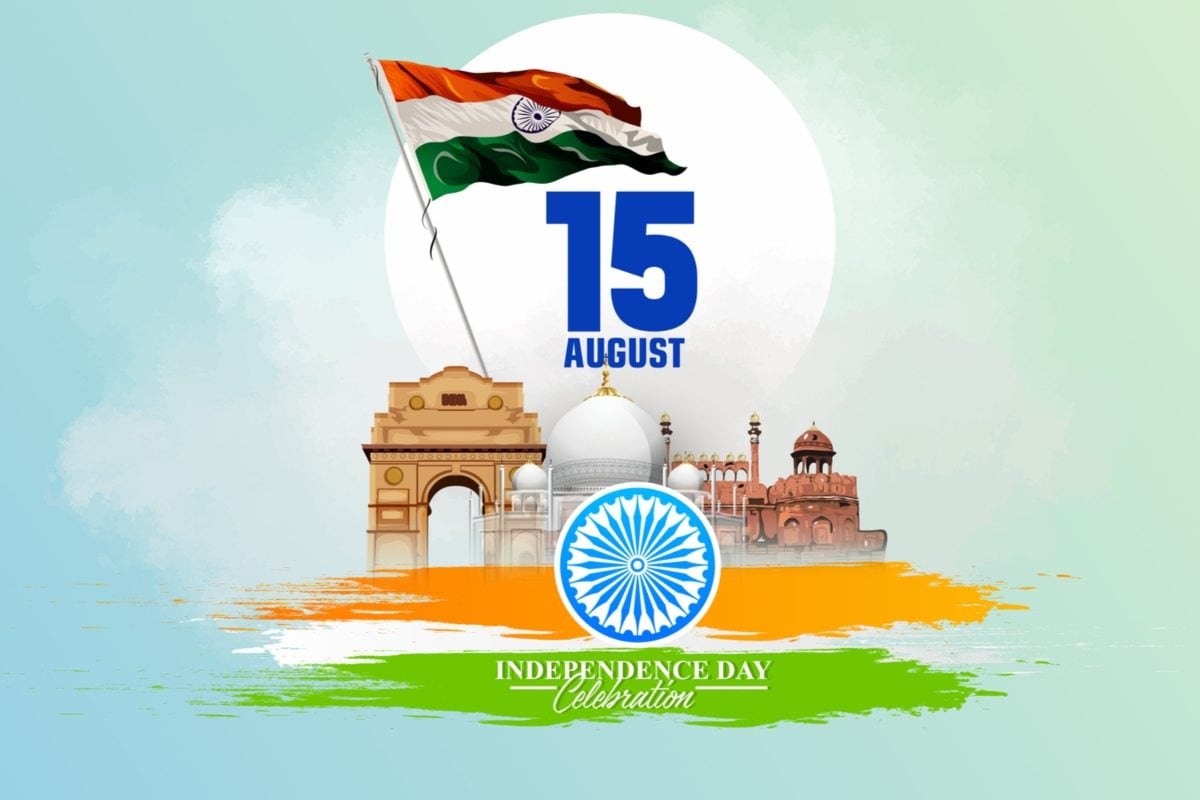15 Aug, 2024
0
967
Introduction
India’s Independence Day, celebrated on the 15th of August, marks a pivotal moment in the nation's history. It is a day of pride, reflection, and gratitude, honoring the sacrifices made by countless freedom fighters who fought to liberate the country from colonial rule. As we unfurl the tricolor and sing the national anthem, it is also a time to reflect on the progress we've made as a nation, particularly in the realm of education.
Education has been a cornerstone of India's journey post-independence, shaping the future of millions and empowering them to contribute to the nation’s growth. In this blog, we will explore the significance of education in India's independence and how it continues to play a crucial role in the nation's development.
The Role of Education in India's Independence Movement
Education was a powerful tool in the hands of India's freedom fighters. Leaders like Mahatma Gandhi, Jawaharlal Nehru, B.R. Ambedkar, and others recognized the importance of education in awakening a sense of nationalism and self-reliance among the masses. Schools and universities became centers of political activity, where young minds were inspired to dream of a free India.
Mahatma Gandhi emphasized the importance of basic education, advocating for an education system that was rooted in India’s culture and traditions. His concept of "Nai Talim" or Basic Education aimed at integrating vocational training with academics, ensuring that education was not just about literacy but about overall development.
B.R. Ambedkar, the architect of the Indian Constitution, was a strong advocate for education as a means of social reform. He believed that education was the key to eradicating social evils like untouchability and caste discrimination, empowering the oppressed to fight for their rights.
Jawaharlal Nehru, India’s first Prime Minister, also placed a high value on education, considering it essential for nation-building. His vision led to the establishment of institutions of higher learning, such as the Indian Institutes of Technology (IITs) and the Indian Institutes of Management (IIMs), which continue to contribute to India’s global stature in science, technology, and business.

Post-Independence: Education as a Tool for Nation-Building
After gaining independence, one of the primary focuses of the Indian government was to improve literacy rates and make education accessible to all. The vision of the leaders was to create an educated populace that could drive the nation towards progress and self-reliance.
1. Expansion of Educational Institutions: The government took significant steps to establish schools, colleges, and universities across the country. The mid-day meal scheme, launched in 1995, was one of the many initiatives aimed at encouraging enrollment and reducing dropout rates in schools.
2. Universalization of Primary Education: The Right to Education (RTE) Act, 2009, was a landmark in India's educational journey. It made education a fundamental right for every child aged 6 to 14 years, ensuring that no child was denied the opportunity to learn.
3. Focus on Higher Education and Research: With the establishment of premier institutions like IITs, IIMs, and AIIMS, India aimed to produce skilled professionals who could contribute to various sectors of the economy. These institutions have since produced some of the finest minds, contributing to India's growth in technology, medicine, and management.
Challenges and the Way Forward
While India has made significant strides in education since independence, several challenges remain. Quality of education, access to education in remote areas, and gender disparity in education are some of the issues that still need to be addressed.
1. Improving Quality of Education: There is a need to focus on the quality of education, ensuring that students not only gain knowledge but also develop critical thinking and problem-solving skills. Teacher training and curriculum development should be prioritized to achieve this.
2. Bridging the Urban-Rural Divide: Efforts must be made to ensure that students in rural and remote areas have access to quality education. Digital initiatives, such as online learning platforms, can play a crucial role in bridging this gap.
3. Promoting Inclusive Education: Education should be accessible to all, irrespective of gender, caste, or socio-economic background. Initiatives to encourage girls' education and support marginalized communities must be strengthened.
Conclusion
As we celebrate India's 77th Independence Day, it is essential to recognize the vital role that education has played in shaping the nation. The journey of education in India is a testament to the belief that knowledge is power. It has empowered millions, lifted communities out of poverty, and driven the nation towards progress.
The freedom fighters’ dream of an educated and empowered India is still a work in progress. As citizens, it is our responsibility to continue this legacy, ensuring that every child has the opportunity to learn, grow, and contribute to the nation’s development. This Independence Day, let us pledge to make education a priority, for it is the foundation upon which the future of our nation stands.
Jai Hind!


